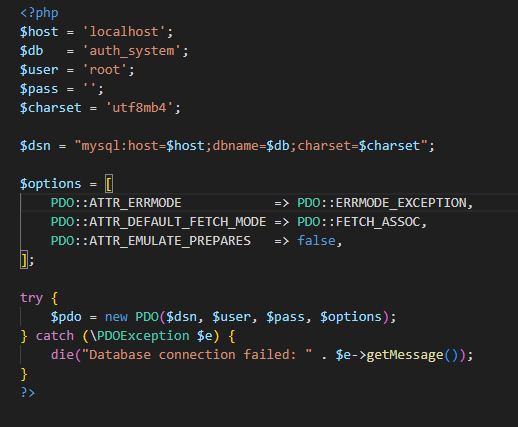Trump’s budget: Senior care will shrink even as America’s older population grows
By breaking apart the coordination and delivery of programs under the Older Americans Act (OAA), the administration is jeopardizing the health, independence and dignity of millions of older adults and their caregivers.

The Trump administration’s fiscal 2026 budget proposal for the U.S. Department of Health and Human Services delivers a devastating blow to the very foundation of aging services in America. By breaking apart the coordination and delivery of programs under the Older Americans Act, the administration is jeopardizing the health, independence and dignity of millions of older adults and their caregivers.
At the core of this proposal is the dismantling of the Administration for Community Living, the agency that has effectively administered the Older Americans Act for over a decade. Instead of preserving the coordinated structure that allows for comprehensive, community-based services, the plan would scatter Older Americans Act programs across different agencies under the Health and Human Services umbrella.
Some services, such as nutrition programs, would be moved to the Administration for Children and Families, while others — including caregiving, elder rights, transportation and health promotion — would shift to the Centers for Medicare and Medicaid Services.
This fragmentation would severely undermine the coordinated approach that has made the Older Americans Act a success for nearly 60 years. The act was designed to be a comprehensive system of supports, offering older adults in every community access to a range of services to help them live safely and independently at home. From home-delivered meals and transportation to in-home assistance and caregiver respite, these services are interconnected. Breaking them apart will reduce their efficiency, create unnecessary bureaucracy and, ultimately, put older adults at risk.
The impacts would be felt across our country.
Older adults of every political persuasion could lose access to in-home help with bathing, dressing and chores. Rides to medical appointments and community centers could disappear. Family caregivers — who often provide more hours of care than formal systems combined — would lose access to respite and support services. Those in nursing homes would be left without protections, as elder abuse prevention programs are eliminated or severely cut.
In addition to the structural overhaul, the proposed budget slashes or eliminates funding for a range of critical aging programs. The Aging and Disability Resource Centers, which connect individuals with essential services, would be eliminated entirely. The Medicare State Health Insurance Assistance Program, which helps millions navigate complex Medicare options, would be defunded. And evidence-based wellness programs to prevent falls and manage chronic conditions would lose vital funding with the elimination of the Prevention and Public Health Fund.
This is more than just a budget proposal, it’s a roadmap to abandonment. The proposal ignores the demographic reality that 11,000 Americans turn 65 every day. Instead of scaling up support for this rapidly growing population, it proposes to reduce and fragment services, putting older adults at greater risk of institutionalization — often a more expensive and less desired outcome.
The claim that Medicare and Medicaid will remain untouched offers little reassurance when the very programs that help prevent costly hospitalizations and nursing home placements are being dismantled. Programs under the Older Americans Act are not optional luxuries; they are essential services that support health, independence and quality of life for older Americans and their families.
What’s needed now is a unified system that keeps older adult services intact, coordinated and adequately funded. If reorganization must occur, all Older Americans Act programs should be consolidated under an agency like the Administration for Children and Families that can maintain a holistic, community-based approach. Splintering programs across agencies that lack aging expertise, like the Centers for Medicare and Medicaid Services, only creates confusion and weakens effectiveness.
As Congress begins the fiscal 2026 budget process, the stakes couldn’t be higher. Lawmakers must reject this disjointed approach and protect the services that help millions of older Americans thrive at home and in their communities. These are people we know and love; these are our friends, family and neighbors. Older adults deserve more than budget cuts and bureaucratic shuffle — they deserve dignity, support and a government that prioritizes their well-being.
Advocates, caregivers and concerned citizens must raise their voices. Demand that Congress preserve the Older Americans Act, protect aging programs and honor the commitment we’ve made to support Americans as they age. The future of aging in this country depends on well-coordinated care and support. We will all need this care and support in the future, if we don’t already.
Nathan Boucher is associate professor of medicine, nursing, and public policy at Duke University.
















































































